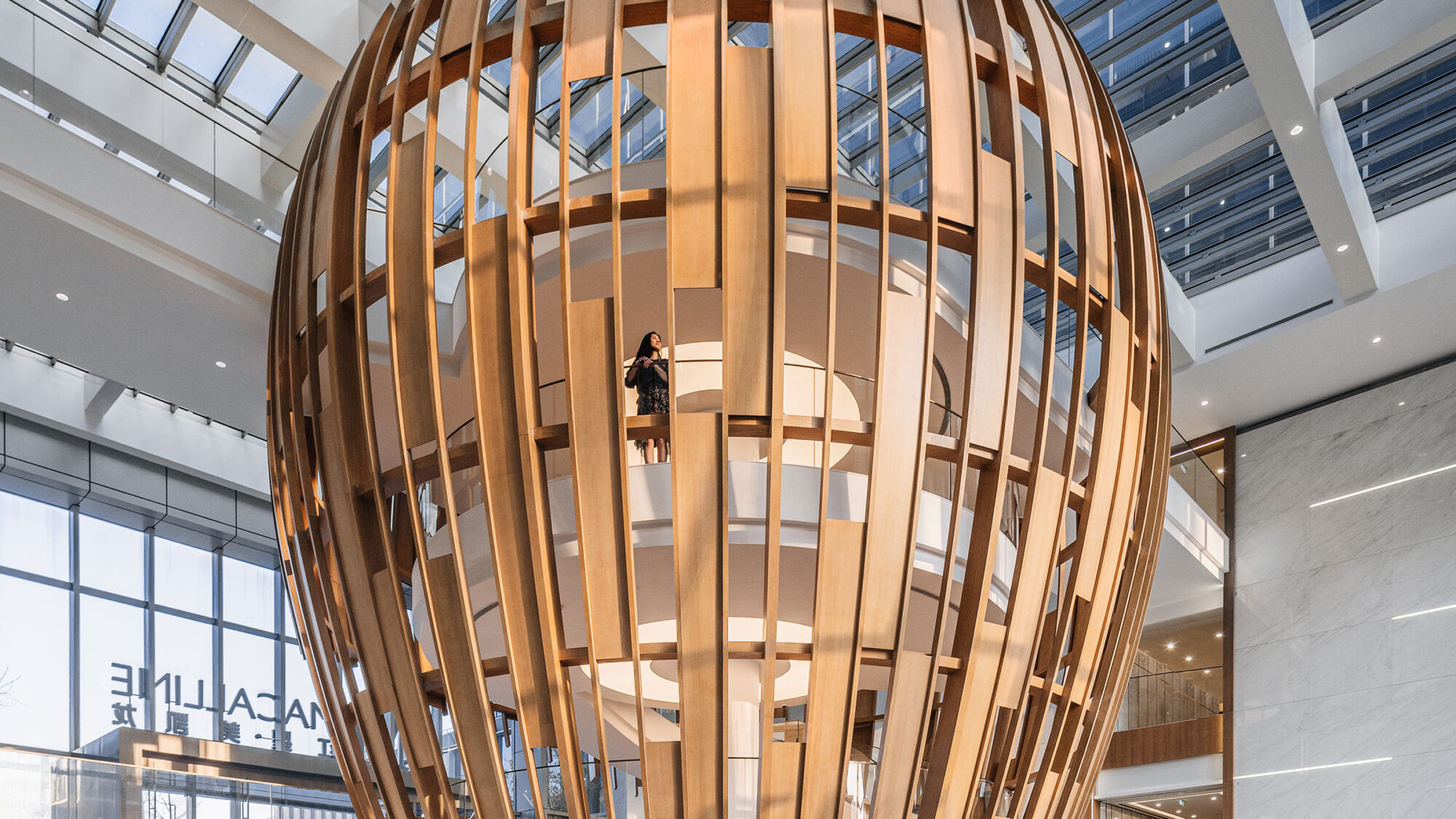

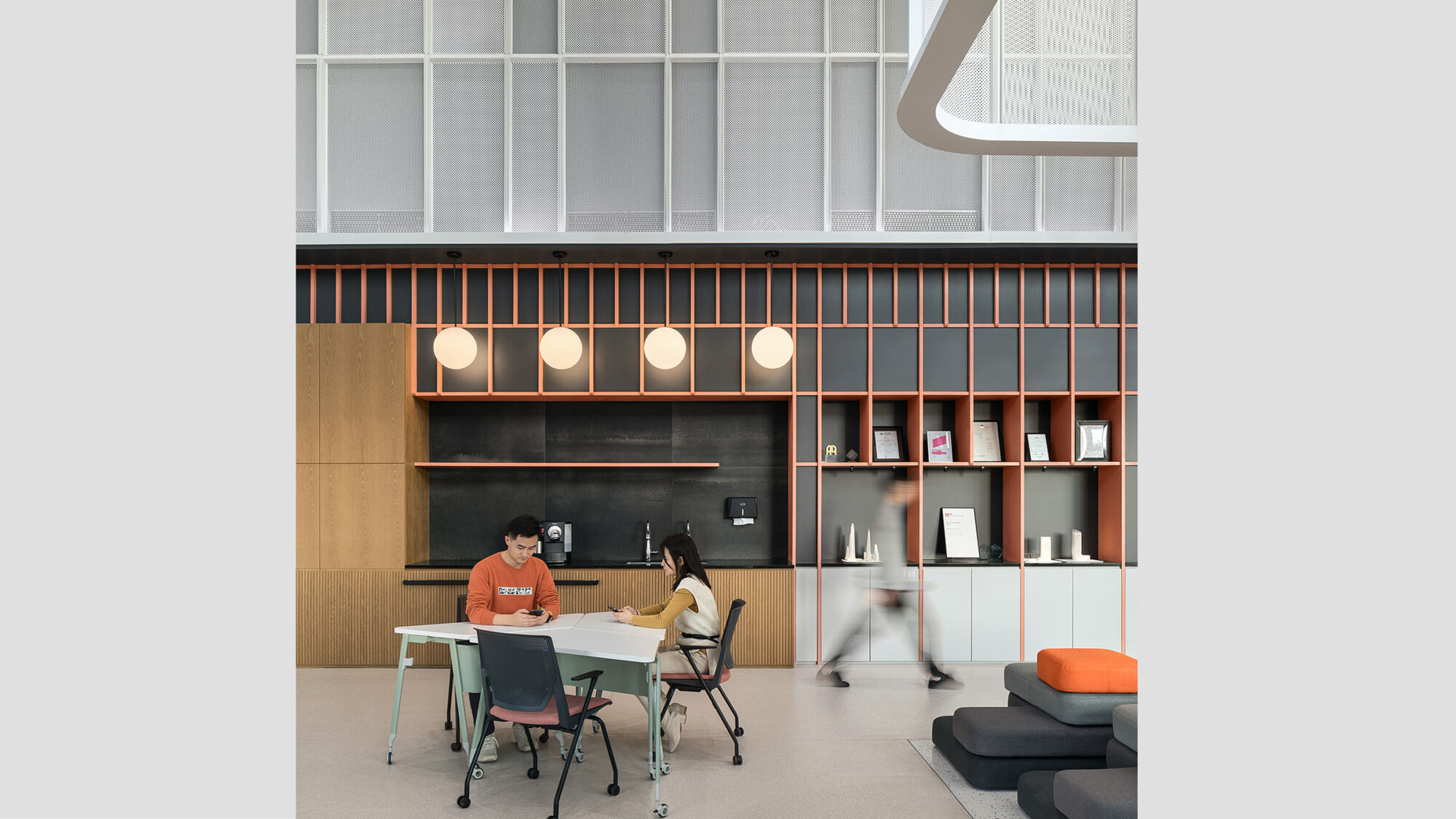



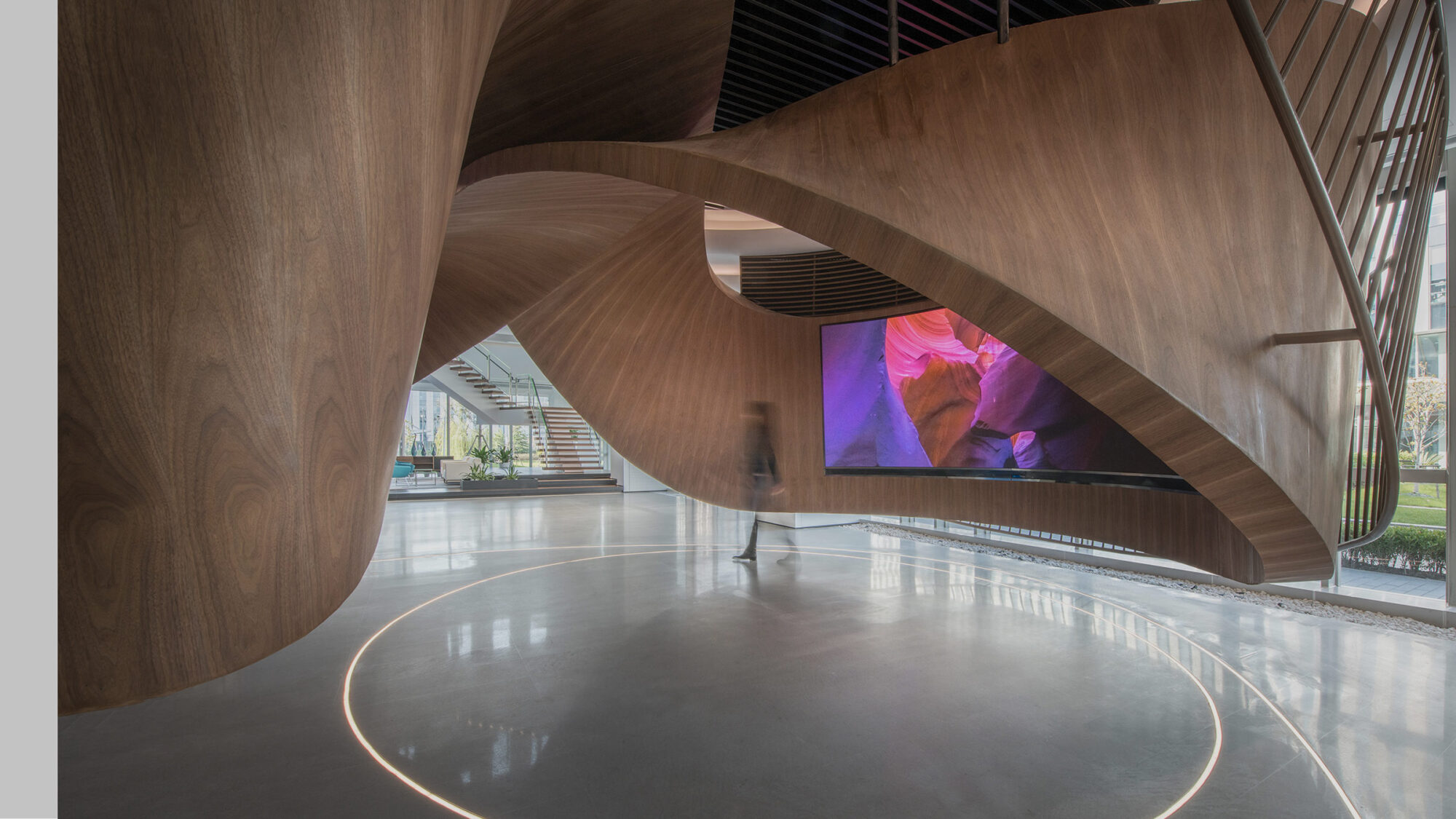
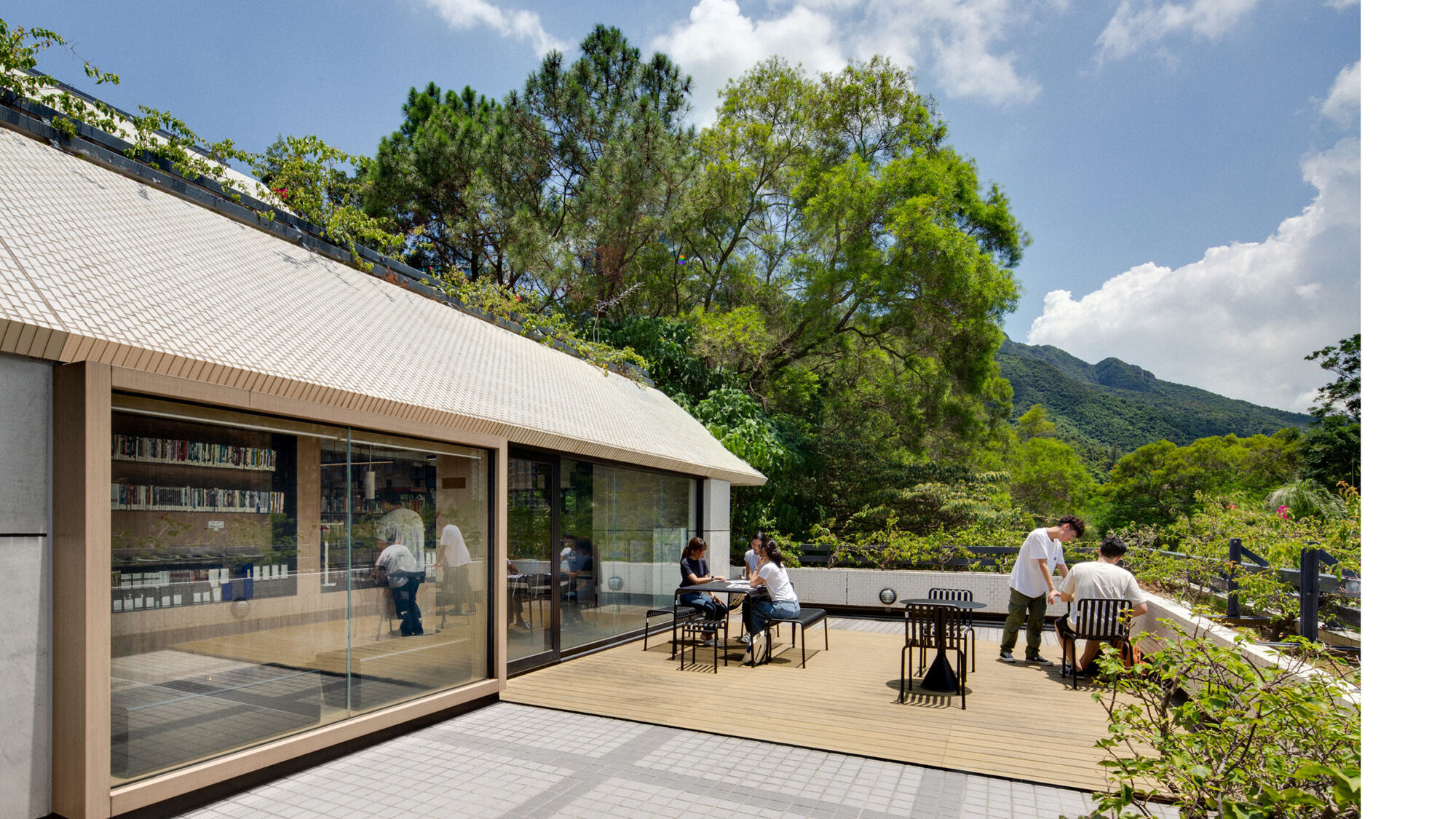
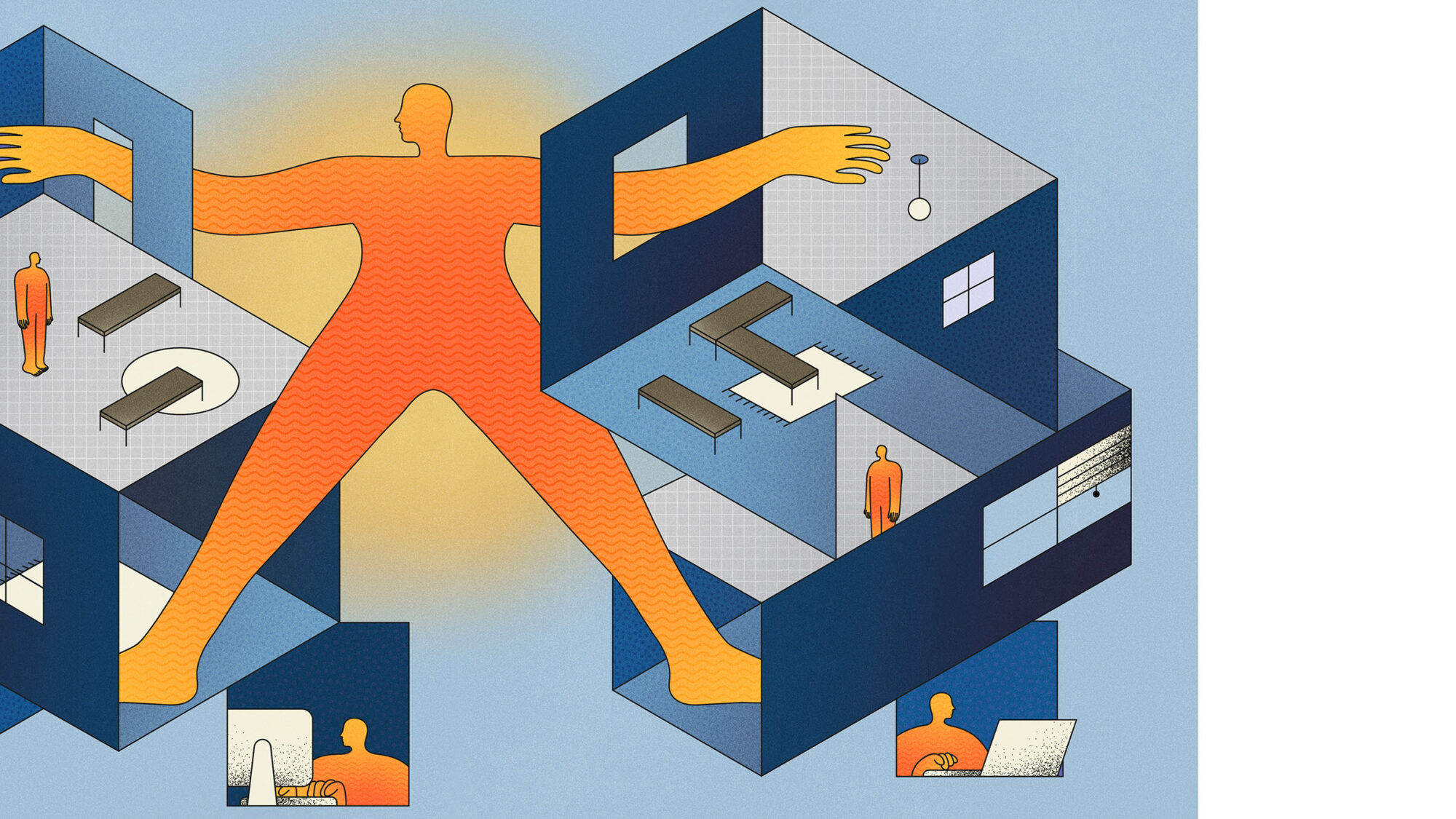

 Illustration by Melanie L Yan https://melanieyan.com/
Illustration by Melanie L Yan https://melanieyan.com/
How we can be our best-performing selves in this uncertain era? Grant Christofely explores the importance of being open to new workplace norms, with his favourite tips for remote working.
Over the last months, a slew of articles have provided employees around the world with tips for remote working. How to be effective, where to sit, how to schedule your day, video conference etiquette… the list goes on. I’ve taken a lot of joy from these pieces – developing best practices, collaborating to refine ideas, and distributing them to those whose health, wellness and productivity will benefit, is the promise of my industry.
It’s inspiring to see people contributing knowledge to people in need and uniting to help those unfamiliar or uncomfortable with new ways of working and living. In this new chapter, we will all learn more about ourselves and our priorities, carrying these lessons into the future.
As a workplace strategist, and as a human, I could not be more fascinated with what’s to come. So how can we remain happy, healthy and productive while embracing new norms? Here are my favourite practices:
For a long time, the advice of workplace strategists was to maintain a good work-life balance. Best practice was to give yourself the physical and psychological space to separate your work life from your home life. That’s still generally good advice – if there’s any way to practically follow it, but for most people, there’s a new social-distance-induced norm – our home is our workplace and separating the two is hard when your cat won’t stop crossing your screen. You’re not alone. Lots of cats are crossing lots of screens, and lots of toddlers are interrupting “important meetings” with tantrums. But cats and toddlers aren’t the ones bringing business to a halt.
It’s reasonable that there may be some background noise when you’re at home with children. Be ok taking a meeting walking the dog. Be ok with someone taking a meeting walking the dog. If it doesn’t impact their or your ability to meet the goals of the meeting agenda, then what does the backdrop matter? Trust me, release yourself to set bold new norms in bold new times – you’ll feel better and you’ll work better.
Social distancing doesn’t have to mean disconnection. As people grow comfortable with the fact that we’re only as far away as a Zoom link or Facetime call, you have the opportunity to make connections that perhaps you never thought possible. Stay in touch with your purpose at work or create a new purpose to stay motivated. Last Friday, I joined four different video calls. I learned a lot about my colleagues, the conversation was cathartic, and I made connections with people that brought me closer to both my organisation and friends. We even came up with a few ideas for work that got us excited for the weeks to come. I felt a connection and sense of purpose that I hadn’t felt before. Try it, it will amp up your performance.
Without a boundary between work and home we too often forget that it’s ok to enjoy ourselves. Working from home doesn’t mean you have to work all the time, or even straight from 9 to 5… so embrace a new workplace norm. Have fun; exercise and cook, play with your kids, take up sculpture! Play has the power to challenge your brain in new ways. Building new skills or starting a new project is natural training for your creativity and can lead to inspiration that will benefit you in any number of ways. Play will support your mental health, it will make you a happier person, a more productive worker, and a more pleasant partner to the new co-workers in your life.
Though many of us are limited to the kitchen table or a home office, try working in new ways. Take conference calls on a walk, answer emails on the couch and let the office be the place you do focused work. Moving around will refresh your mind, keep you healthy, and train you to relate space to specific behaviours.
If you’ve been thrown into remote working, you deserve praise. This is not easy, but we’ve already changed in remarkable and lasting ways that will make us better. Adaptability is a highly valuable skill in work and life, and we’re all getting more training in it than any level of professional development could ever provide. The most adaptable employees are those who tend to perform the best. Be on the lookout for changes in yourself and celebrate them; create mental models of how you will adapt (because you can) and you will find yourself more prepared for what’s to come. Once you’ve honed the ability to recognise adoption in motion, make it a marketable skill. Employers, now more than ever, will be looking for employees who can change in positive ways.
In summary, change is difficult. As someone who spends my days helping organisations transform the ways they work, I’m aware that the above tips for remote working can’t be implemented overnight. I hope instead, that they will serve as a road-map to help you set goals and aspire to achieve your best self in these new circumstances – priming you for a new era of work that is yet undefined.
I applaud everyone facing these challenging times head-on and with an open mind – we’ll get through this together, in a new kind of togetherness.
Director, Workplace Strategy